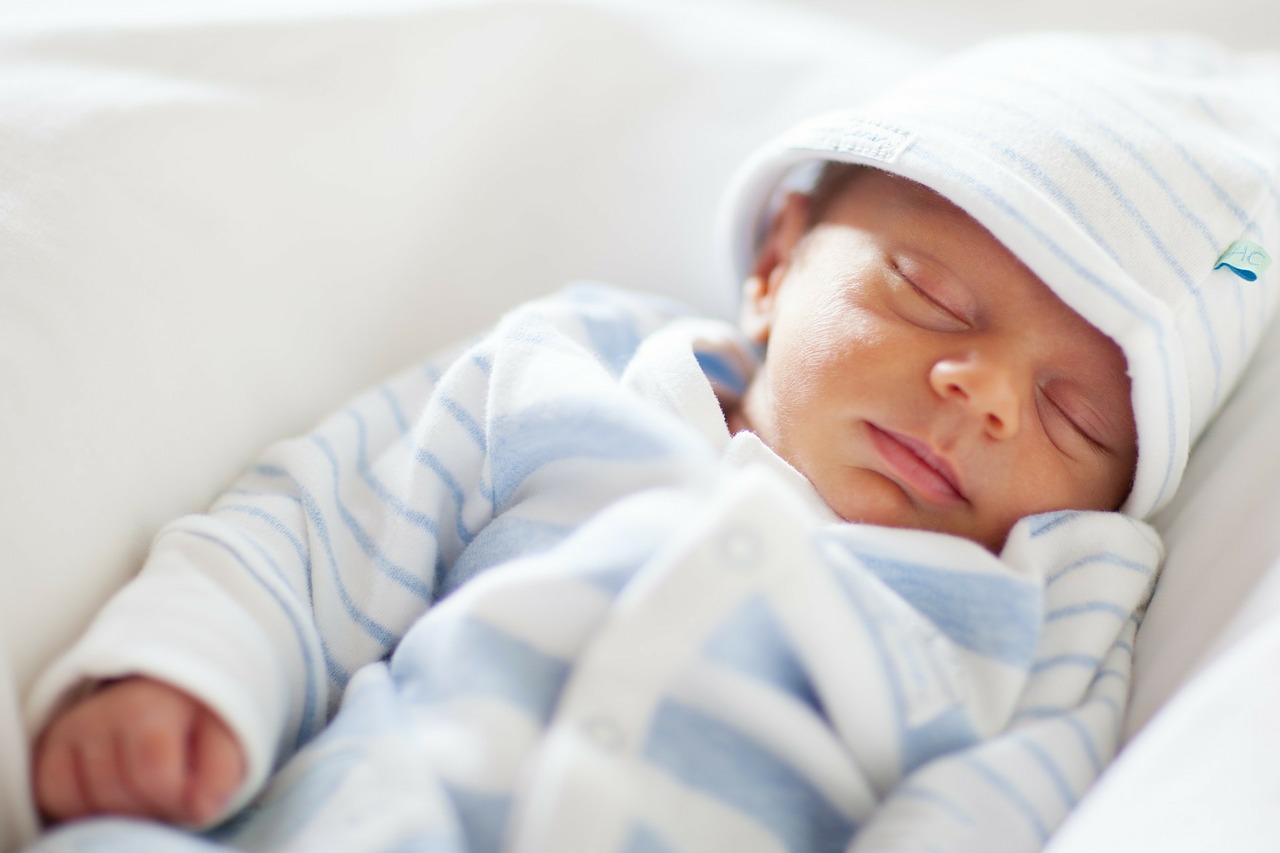A newborn baby’s skin is very soft and delicate. Unlike an adult’s skin that is fully developed and ready to handle harsh environments, it needs extra care and attention.

A newborn’s skin is wrinkled at first and comes with a layer known as Vernix. This covering peels off with time. Although it seems like a newborn needs much more skincare, less care for skin is actually better. Doctors always advise not to bathe babies often. They say too much exposure to chemicals and other potential allergen leads to skin problems later in life. Parents should resist the urge of bathing baby frequently. This reduces the skin’s natural oils and may lead to future skin allergies and problems.
Baby Bathing & Oral Hygiene
It’s better not to use any skin care products in the early months. The baby’s immune system is still at development stage. If a family has history of skin problems, allergies, or asthma, it’s especially important to protect the baby’s immune system. The baby’s clothes should always be washed before putting on. Here we have to make sure that we use baby friendly detergents and not harsh chemicals.All products used on the baby should be dye free. The baby’s clothes, bedding, and blankets should be washed separately from the family laundry and always should be given an extra rinse.
Except for potty and nappy changes, newborn babies don’t get very dirty. For the first month or so, a sponge bath two or three times a week will keep baby safe. Using a small gauze cloth for baby’s mouth-cleaning is good enough as well.
Skin Inflammation
Most infant skin issues are seen only after the first month or two, like eczema and nappy rash. Skin inflammation shows up as a red, irritated rash for the most part on face and scalp, at the elbows, and behind the knees. If a baby has eczema we need to minimize use of skin care products and always make use of cotton soft clothes. Always check with the doc before using any skin cream or moisturizer.
Check with your specialist about utilizing over-the-counter moisturizers or creams to treat skin inflammation. You may require a remedy treatment.
Nappy rash
Nappy rash happens because of wetness caused by a dirty nappy. The rash can likewise occur when child’s skin is not appropriately dried after a shower. Some of the time, a microorganism or yeast disease will bring about nappy rash. Infants taking anti-infection medicines are particularly prone towards nappy rash on the grounds that the medications permit parasitic development. Here are some of the other things you need to take care to avoid nappy rashes:
- Check the baby’s nappies for wetness as often as possible.
- Change nappies quickly when wet or soiled.
- If the rash is extreme, just splash water and pat dry.
- In case of non availability of water, clean properly with wet cotton wipes and not baby wipes. Make sure not to rub or irritate the skin.
- Let the skin dry completely before putting on anew nappy. Use diaper rash cream as a defense.
Do not forget to seek medical attention if the rash doesn’t heal within two days period.